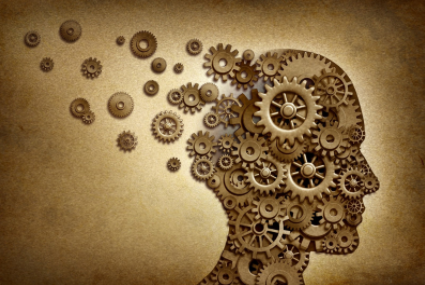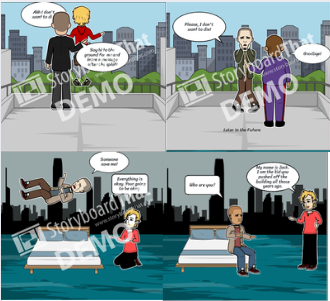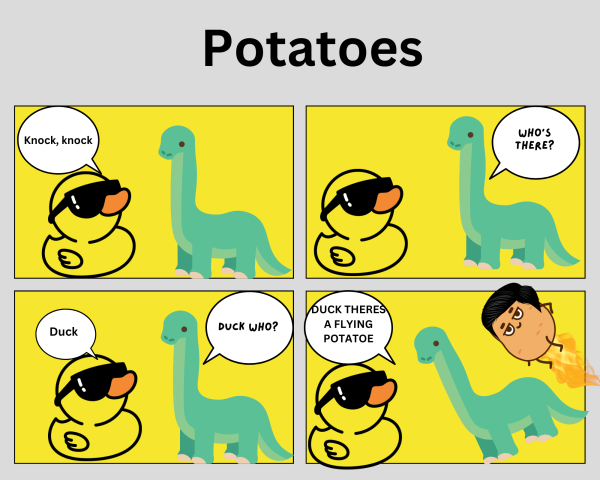Mental Illnesses

Everyone’s mind is like a machine; but not everyone has all their gears. source: Odyssey
December 18, 2017
In schools there is not a lot of education of mental disorders. However, it is very important that children are able to recognize if they or someone they know has a mental illness so that they can learn to handle it. I am here to educate you in case you don’t know the illness and their signs. Be aware that not everyone has a mental illness but if you or someone you know has some of these characteristics and hasn’t seen a therapist, they should. Mental illnesses are very serious and not something to joke about.
- Clinical Depression (Major Depression)
Certain people think having clinical depression is just a fancy word feeling melancholy. When you have depression, functions in your brain don’t work the same. You see everything as negative, you lose interest in your favorite activities, and everything seems impossible to achieve. If this describes something that happens to you, you might want to see a therapist to prescribe you medications or therapy sessions to help you.
- Obsessive Compulsive Disorder (OCD)
People with this mental illness repeat actions and have excessive thoughts. Irrational fears can also erupt from this disorder; such as germs and messes. For some people, when they have to come in contact with their fear they will have a panic attack. Even though OCD can’t be cured the person can get medications and therapy so that they don’t have such an intense reaction. I do not recommend diagnosing yourself as someone with OCD rather than being a neat freak. A neat freak is someone who wants things neat; compared to someone with OCD who will break down mentally if things aren’t in their place.
- Bipolar Disorder (Manic Depression)
With this mental illness there are two states at which the person feels. At one point the person might experience a manic phase and after a short period of time they might have a depression phase. When the person is in their manic phase they will be very productive and will become ecstatic; sometimes even weirdly ecstatic. This can last for weeks or even months. This can also happen with the depressed phase; they will be depressed with all the same symptoms as someone with Clinical Depression. Bipolar Disorder does have treatment, but there is no definite cure.
- Schizophrenia
When someone suffers from Schizophrenia, they feel, think, and behave differently. The person may have a hard time remembering things and has a very hard time concentrating. The person may also have Schizophrenic episodes where their thoughts or experiences may seem like hallucinations or even like nightmares. Sometimes the person will even No one knows what causes Schizophrenia, only that it might have to do with their environment and possibly genetics.
- Post Traumatic Stress Disorder (PTSD)
Compared to what some people speculate, this mental illness is not just having a phobia of a certain situation or event. I personally have PTSD and I know that after witnessing or experiencing a certain event, it is very hard, mentally, to see or feel it happen again. When you witness that traumatizing event again, memories and flashbacks may occur. This is very common with soldiers who’ve been in war and children who witness abuse. The person may feel, helpless, frozen, in slow motion or even angry. Unlike most mental illnesses PTSD is curable with enough therapy.
I hope that you have learned at least something about mental illnesses and are more aware. If you feel like you or someone you know may have one of these mental illnesses, you can put your zip code in this link, Find a Therapist, then you can work it out with them.






